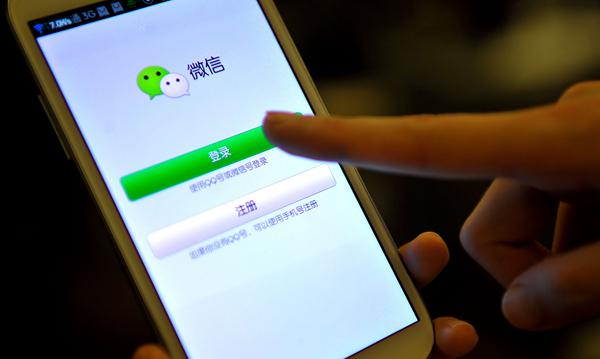Over the past year, issues with some "Christian" WeChat (China's largest social media platform) accounts have drawn attention from pastors, believers, and social scholars. Many of them are worried about the spread of 'false' messages.
Generally speaking, there are five problems with these accounts.
Fabrication
A lot of articles published by such accounts contain non-existent persons or events to gain attention. They're either a product of ignorance or intentionally fabricated.
The most extreme eye-catching example was an article on the "conversion" of Kim Jong-un, supreme leader of North Korea, based on an American writer's dream.
False advertisement
This problem exists in many Christian WeChat accounts where the media hypes things that have nothing to do with evangelism or Christianity. Last year, the most sensational incident was Huang Kuolun's concert in the Bird's Nest.
Two weeks prior to the concert, the news broke out in Christian circles. Many accounts spared no effort in promoting this "Evangelistic Event" to sell tickets to believers. Many church leaders and believers did fall for the publicity stunt. However, the whole concert turned out to be just pop music with no Gospel message. Many believers left the Bird's Nest rather disappointed.
Moreover, it was the same with the "Bible-themed" park. How did a graveyard with some decorations from the Bible end up being a "Bible-themed" park? More importantly, this causes enormous loss for the persons involved.
Twisting the mainstream media
Domestic official media like CCTV and China Daily are under these accounts' special scrutiny. As soon as there's anything related to Christianity, it will become their "ingredient" for cooking unreal news, such as "China Central Television is endorsing the Gospel?" and "China Daily Reports on Christianity."
Slander other religions
A common feature of these accounts is to make a big deal about the suffering of believers from other religions, especially from natural disasters like earthquakes, floods, and more from "gentile" regions.
For example, in June 2017, a post called "Two Faiths, Two Endings" was very popular. There are two car accident videos inserted. One was about a family of six who were in a car accident on the way to worship Guan Yu, and the tragedy killed five and severely injured the last. The other family of three also had a car accident, but they shouted "Hallelujah" and escaped death.
Such articles consume others' suffering. Not only are they not showing any sympathy toward the deceased, they gloat in it.
Selling Products
Ads on certain "Christian" products are often shown beneath the articles of these accounts. Such as "Christian mobile phones," "Christian Set Top Box," "Christian player," and so on. All of these "spiritual" goods with the help of the group effect can't be separated from promotion. In truth, they're merely advertisements that take advantage of a Christian's divine faith and love for Christ.
Christians can, in no circumstances, fabricate and spread false testimonies, not even in the purpose of spreading the Gospel. Instead, speaking the truth in love. (Ephesians 4:15 )
What if people find out about the false information or the casual attack toward others, how would they view the Faith? Not only will it not spread the Good News or glorify God's name, it will give people the impression that Christians are extreme, unwise, and insane. This would humiliate the Lord's name as well as drive people away from the Gospel.
-Translated by Grace Hubl










